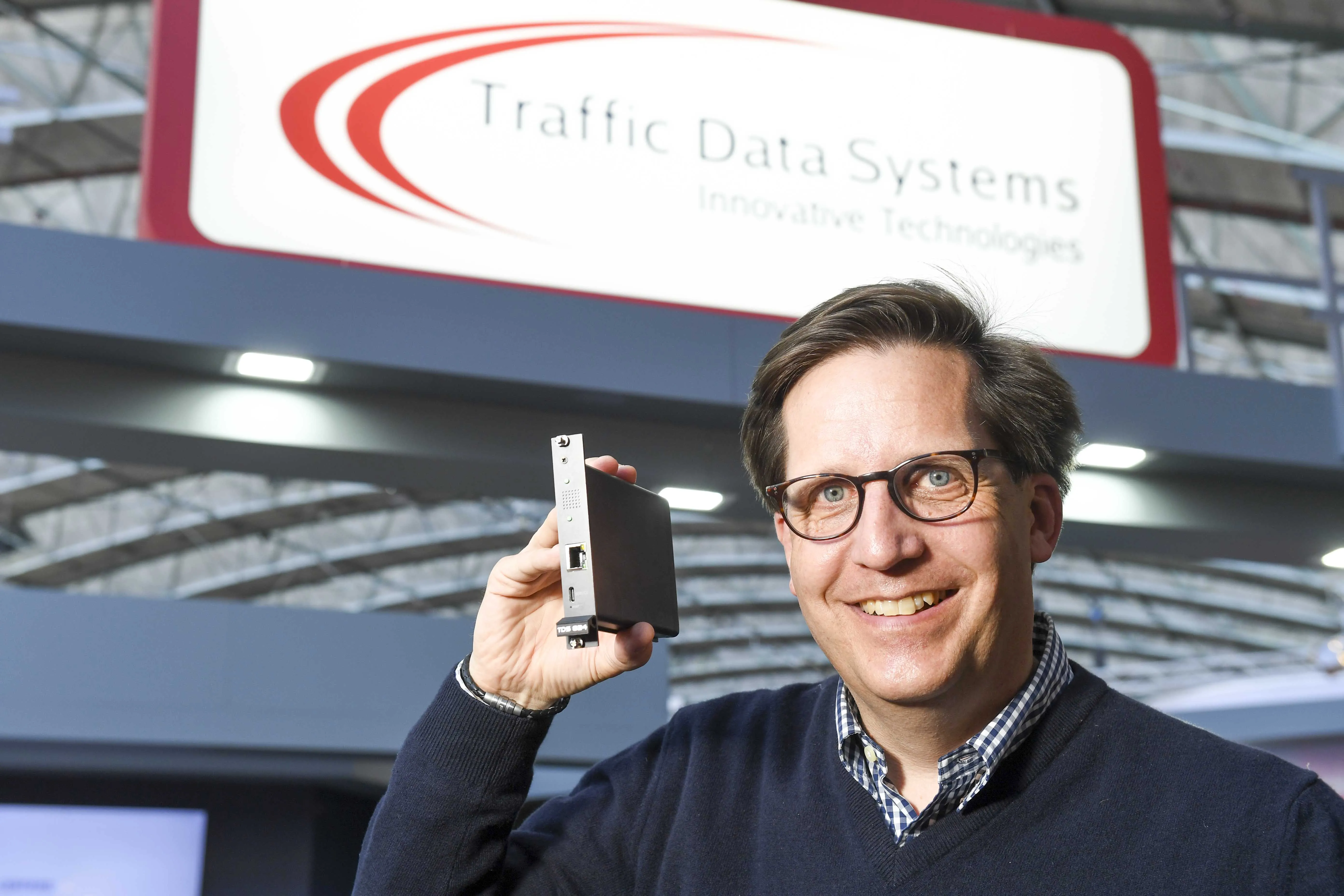Siemens is to launch new DC rapid electric vehicle (EV) charger at Traffex 2015, complementing the company’s proven range of electric vehicle (EV) charging solutions.
Designed to conform to all industry standard charging protocols and interfaces, the new single-outlet, wall-mounted QC24S rapid charger provides a DC output at 24kW and can be supplied with a CCS or CHadeMO connector on a tethered lead, capable of charging all compatible vehicles.
Charging from zero to 80 per cent in less than 60 minute
April 8, 2015
Read time: 2 mins
Designed to conform to all industry standard charging protocols and interfaces, the new single-outlet, wall-mounted QC24S rapid charger provides a DC output at 24kW and can be supplied with a CCS or CHadeMO connector on a tethered lead, capable of charging all compatible vehicles.
Charging from zero to 80 per cent in less than 60 minutes, this new lightweight unit can be deployed as part of a charging infrastructure network, with back-office connectivity provided over industry-standard OCPP protocol. Customised and available in a range of colours with built-in 3G and LAN communications, the QC24S rapid charger is simple to operate.
The charger can be supplied with an integrated SLD4 loop detector enabling inductive loops to be used to monitor the occupation status of the charging bay. This data can be combined with the charger status and transmitted back to the back office via the OCPP protocol or be transmitted to other third-party back offices using cloud-based technology.
Siemens is also rolling out a firmware upgrade to all networked EV chargers that allows the chargers to be monitored, controlled and upgraded remotely. This interface can run independently of, or in parallel with, conventional back office interfaces.







